Rita Gunther McGrath is a best-selling author, a sought-after speaker, and a longtime professor at Columbia Business School. She is widely recognized as a premier expert on leading innovation and growth during times of uncertainty. Rita has received the #1 achievement award for strategy from the prestigious Thinkers50 and has been consistently named one of the world’s Top 10 management thinkers in its bi-annual ranking.
As a consultant to CEOs, her work has had a lasting impact on the strategy and growth programs of Fortune 500 companies worldwide. Rita is the author of the best-selling The End of Competitive Advantage (Harvard Business Review Press, 2013). Her new book is Seeing Around Corners: How to Spot Inflection Points in Business Before They Happen (Houghton Mifflin Harcourt, 2019). She has written three other books, including Discovery Driven Growth, cited by Clayton Christensen as creating one of the most important management ideas ever developed.
Rita is a highly sought-after speaker at exclusive corporate events around the globe, such as the Global Peter Drucker Forum. She received her Ph.D. from the Wharton School (University of Pennsylvania) and has degrees with honors from Barnard College and the Columbia School of International and Public Affairs. Follow Rita on X @rgmcgrath.



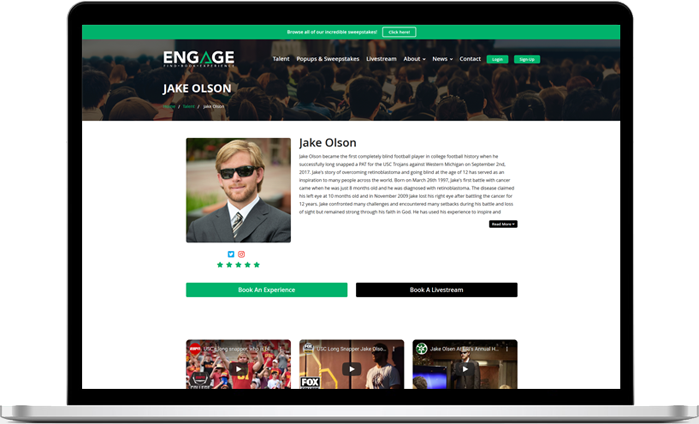













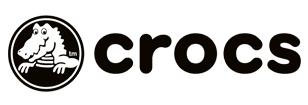
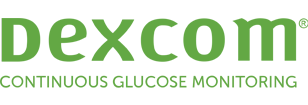























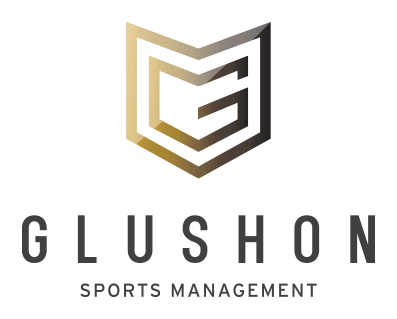
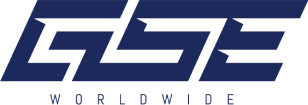















"Your insight generated great engagement and comments from leaders sharing eye-opening observations and building on your examples throughout. You delivered the inspiration and illustration desired and it was exactly the right focus and challenge for this team. The future-focus theme was the perfect close to our leadership summit."
"Your insight generated great engagement and comments from leaders sharing eye-opening observations and building on your examples throughout. You delivered the inspiration and illustration desired and it was exactly the right focus and challenge for this team. The future-focus theme was the perfect close to our leadership summit."